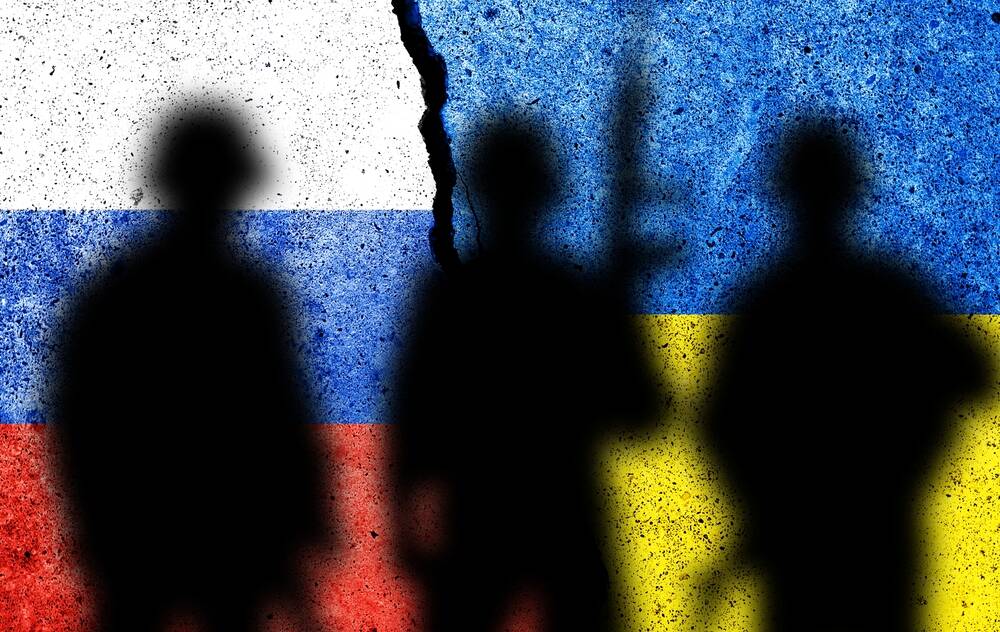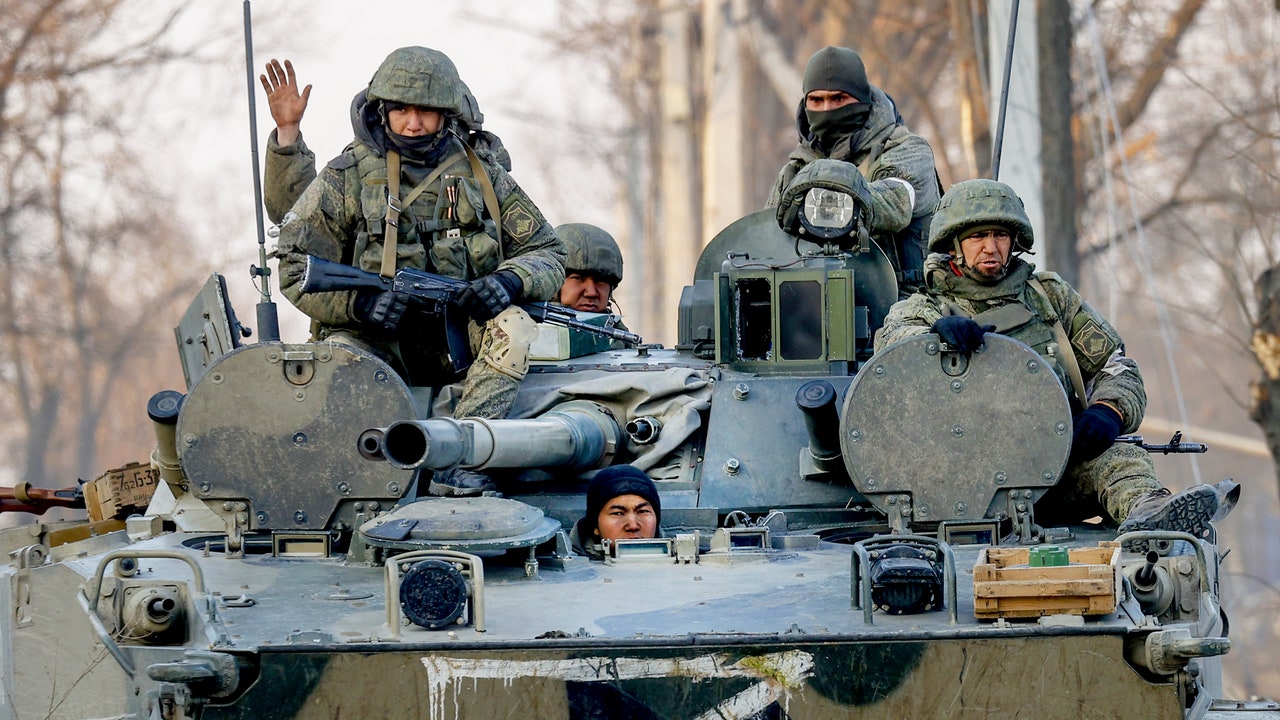Names, birthdays, passport numbers, job titles—the personal information goes on for pages and looks like any typical data breach. But this data set is very different. It allegedly contains the personal information of 1,600 Russian troops who served in Bucha, a Ukrainian city devastated during Russia’s war and the scene of
multiple potential war crimes.
The data set is not the only one. Another allegedly contains the names and contact details of 620 Russian spies who are registered to work at the Moscow office of the FSB, the country’s main security agency. Neither set of information was published by hackers. Instead they were put online by Ukraine’s intelligence services, with all the names and details freely available to anyone online. “Every European should know their names,” Ukrainian officials wrote in a Facebook post as they published the data.
Since Russian troops crossed Ukraine’s borders at the end of February, colossal amounts of information about the Russian state and its activities have been made public. The data offers unparalleled glimpses into closed-off private institutions, and it may be a gold mine for investigators, from journalists to those tasked with investigating war crimes. Broadly, the data comes in two flavors: information published proactively by Ukranian authorities or their allies, and information obtained by hacktivists. Hundreds of gigabytes of files and millions of emails have been made public.










